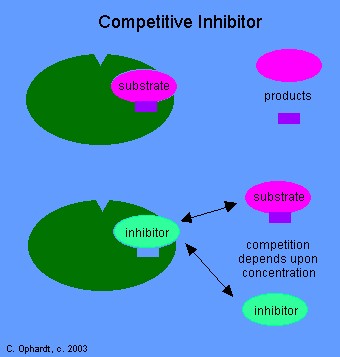|
|
|
If all the neurons in the human body were lined up, they would stretch more than 600 miles.
More than 2,500 barbiturates have been synthesized. At the height of their popularity, about 50 were marketed for human use.
In the ancient and medieval periods, dysentery killed about ? of all babies before they reach 12 months of age. The disease was transferred through contaminated drinking water, because there was no way to adequately dispose of sewage, which contaminated the water.
The first documented use of surgical anesthesia in the United States was in Connecticut in 1844.
A good example of polar molecules can be understood when trying to make a cake. If water and oil are required, they will not mix together. If you put them into a measuring cup, the oil will rise to the top while the water remains on the bottom.






